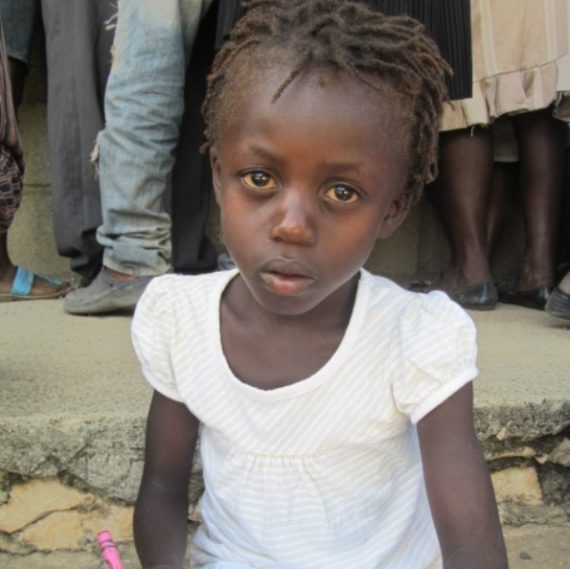
Why Are Things The Way They Are In Haiti?
Somebody emailed me a great question the other day – it’s something that most of us have probably thought about many times, even if we wouldn’t come right out and say it:
“Hey Greg. Do you have any idea why these people are perpetual victims? They never seem to be able to take back their country. Can we help? It seems that this situation has been ongoing for decades.”
I felt like that’s an important enough question that I wanted to share it with everyone, and try to answer it in the most hopefully-semi-intelligent way that I can – so here goes…
Although I’d be hesitant to use the word “victims” (of all the Haitians I know, I don’t know a single one who considers them self a victim, or has that kind of mentality), I think the fundamental questions are:
- a) Why are things the way they are in Haiti?
- b) Why do things in Haiti seem to never get better, no matter what is done to try to help the people there?
- c) If nothing we do is really going to make any difference anyway, why should we bother doing anything (or the more noble-sounding version, “shouldn’t we focus our resources somewhere else”)?
- d) Is there anything we can do that is really going to matter?
Trying to answer those things concisely-but-comprehensively is a bit of a trick, but here are a few thoughts…
A) Why are things the way they are in Haiti? As you might guess, there is no simple, single “cause-and-effect” answer to that question – if there were, the problems would have been solved much more easily, long before now. The realities of life in Haiti are really the result of a complex constellation of factors – some controllable, some not:
- Geographical factors:
- The western third of the Isle of Hispaniola – which ultimately became Haiti – has little in the way of natural resources
- The rugged topography and extreme soil erosion (and, in some areas, extremely dry, arid, desert-like conditions) make most agricultural efforts highly non-viable
- Haiti has been identified as the most “food insecure” nation in the western hemisphere – meaning, most vulnerable to true famine conditions
- It’s geographical positioning makes it highly vulnerable to natural disasters and extreme weather patterns – drought on the one hand, and crop-destroying torrential rain on the other hand
- Socio-economic and socio-political factors, which create an ongoing “vicious cycle”:
- Absence of foreign investment (not even a McDonald’s in Haiti) due to lack of infrastructure and chronic political instability
- Absence of any government-based social service/social assistance programs due to lack of a taxable population base
- Lack of access by the majority of the population to sufficient food, safe drinking water, and adequate medical care due to extreme poverty
- Prevalence of disease and disabling health conditions, due to the lack of the items listed above
- Lack of opportunities for gainful employment (even though Haitians are known as some of the most hard-working, industrious people on the planet)
- Other biological and psycho-social factors:
- If you think in terms of “Maslow’s Hierarchy of Human Needs” (for those familiar): When every waking moment is spent pursuing basic survival needs, it doesn’t leave much room for anything beyond that – not a whole lot of “self-actualization” going on in Haiti (as one very basic example: if you think about the amount of time and sheer physical effort involved in – not just getting from point A to point Z, but also carrying water and other heavy objects from point A to point Z – and doing it in extreme heat – it’s completely mind blowing)
- From a sheerly biological standpoint: chronic malnutrition, dehydration, and disease significantly deplete physical and mental energy, diminish physical functioning, and impair cognitive functioning
(Well, I’m sure that was way more of an answer than any of you wanted anyway, and I’m about maxed out for the weekend on time and brain cells, so I’m going to make this a “to be continued” piece – I’ll follow up sometime soon with a few thoughts about the “why things don’t seem to change,” “why should we bother anyway,” and “what can we do” questions…)
